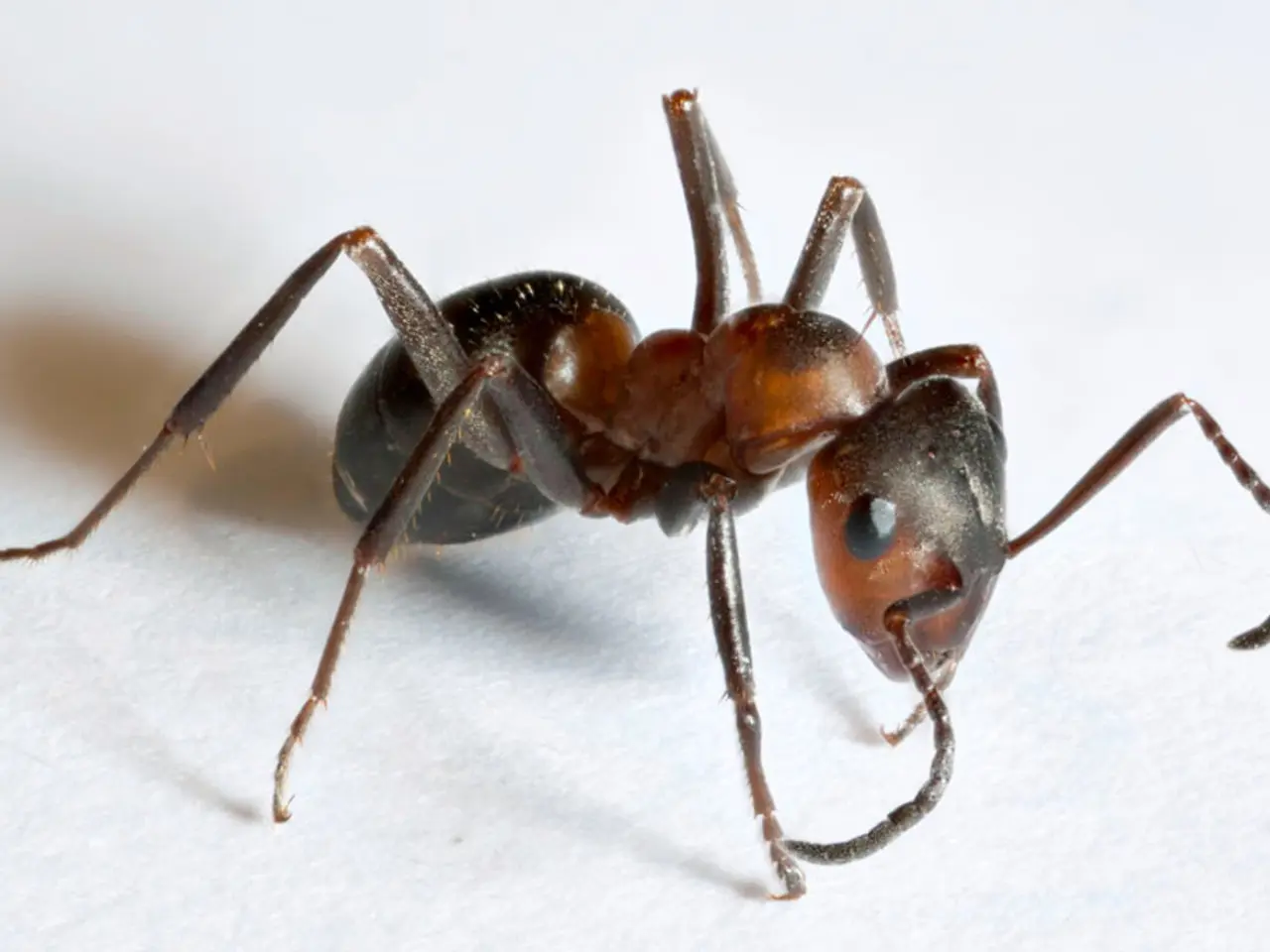Explore the Potential of Lemons for Natural Ant Repellent Strategies
Natural Ways to Keep Ants at Bay: A Comprehensive Guide
Dealing with an ant invasion can be a frustrating experience for any homeowner. However, there are several natural and non-toxic methods available to help keep these pests at bay. Here's a breakdown of some of the most effective strategies.
Lemons and Lemon-Based Solutions
Lemons, with their acidic properties, pose a threat to ants. The d-limonene compound found in lemon peels disrupts ants' scent trails, confusing their navigation. Applying undiluted lemon juice along ant trails, rubbing lemon peels on entry points, or placing leftover lemon peels outside can help deter ants from entering your home.
Essential Oils
Various essential oils such as clove, cinnamon, citronella, peppermint, lavender, and lemongrass have been scientifically proven to repel ants effectively. These oils work by disrupting ant scent trails and creating barriers ants avoid. Clove, cinnamon, and citronella oils are particularly powerful, with research suggesting that combinations of these oils enhance their repellent effect. You can apply essential oils using spray bottles or soaked cotton balls to areas where ants enter or travel.
Kitchen Ingredients
Other natural kitchen ingredients that deter ants include coffee grounds (effective against harvester ants), cinnamon (whose smell repels ants), and white vinegar mixed with water. The latter temporarily erases ant pheromone trails.
Additional Tips
For best results, clean surfaces thoroughly to remove existing scent trails before applying these natural repellents, as ants rely heavily on pheromone trails to navigate and find food.
In addition to these methods, maintaining cleanliness and sealing entry points with caulk can help control ant populations. Ants are usually attracted to food sources and enter homes through small cracks, crevices, and utility lines.
Unconventional Solutions
For a more aggressive approach, you can use food-grade diatomaceous earth around the foundation of your home to kill ants. This natural substance kills pests by drying them out. There are also products like Stem, a natural ant-killing product available on Amazon, which uses geraniol and lemongrass oil.
Caution
While these methods are generally safe for humans and pets, it's important to note that ground cinnamon or cayenne pepper can be harmful to pets. Additionally, borax, a substance used in Catchmaster ant traps, is toxic to ants in large quantities.
Health Considerations
Ants can carry bacteria into homes, potentially posing health risks. By implementing these natural solutions, you can help maintain a clean and ant-free home, promoting a healthier living environment for you and your family.
Incorporating essential oils like clove, cinnamon, citronella, peppermint, lavender, and lemongrass, which have been proven to repel ants, into your home-and-garden lifestyle by application of these oils using spray bottles or soaked cotton balls can be an effective strategy to keep ants at bay. Additionally, engaging in gardening by planting ant-repellent plants such as citronella grass, mint, and lavender in your garden can create a natural barrier to deter ants from approaching your home, thus maintaining your chosen lifestyle free from ant invasions.




